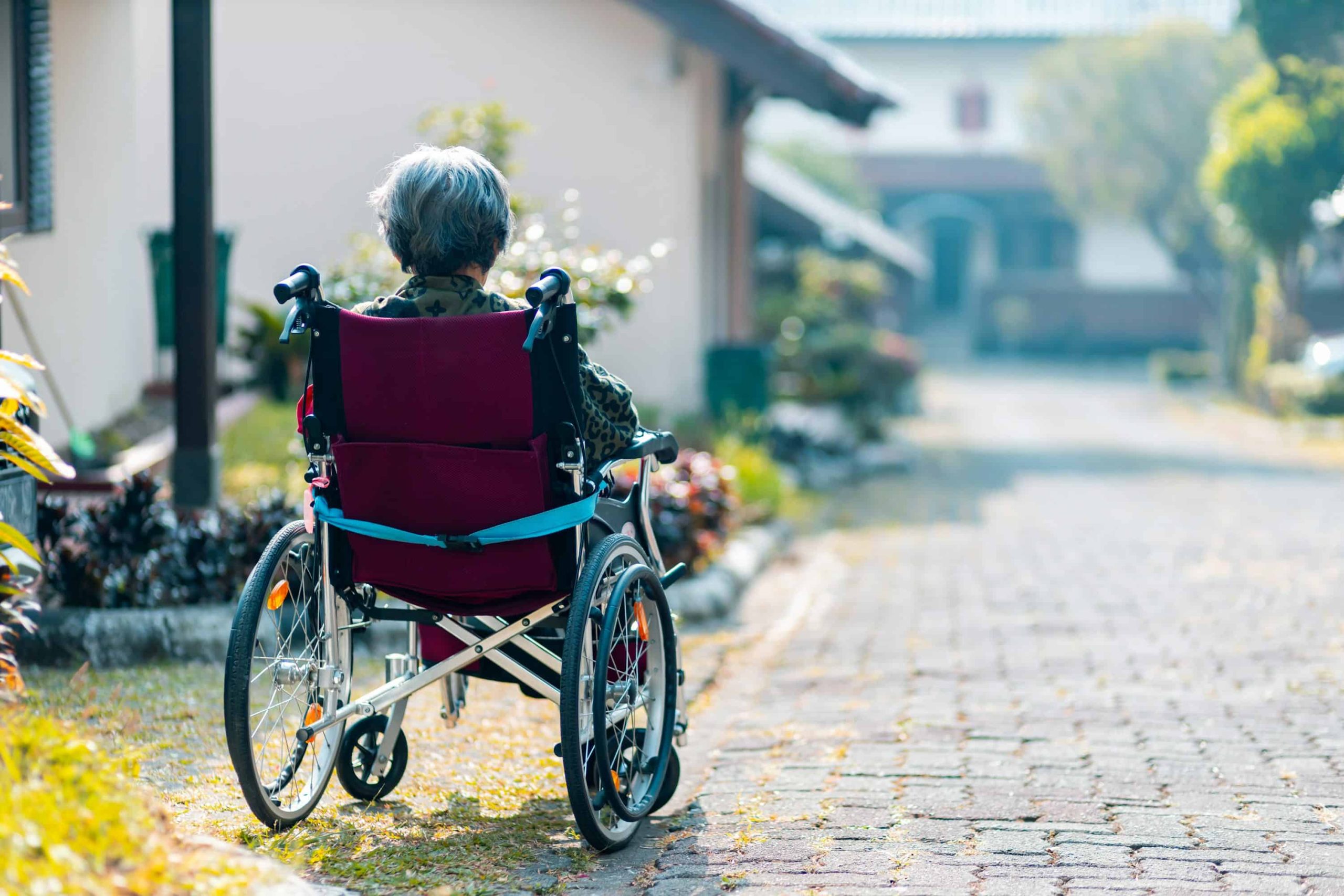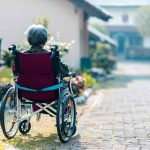Table of Contents
ToggleWhat “Improved Daily Living” actually funds
Improved Daily Living is a Capacity Building category that pays for assessments, training, and therapy supports designed to increase your independence at home and in the community. It is not about paying for everyday assistance forever; it is about structured skill development that reduces how much help you need over time. With the right plan and the right NDIS Providers, this budget becomes a roadmap for real progress you can see in routines, confidence, and participation.
Assessments that unlock targeted goals
Good outcomes begin with precise assessments. Occupational therapists can map strengths and barriers across personal care, home safety, and community tasks. Speech pathologists assess communication, swallowing, and social interaction. Psychologists evaluate emotional regulation, anxiety, and executive functioning that affect planning, memory, and initiation. Physiotherapists review mobility, balance, and transfers. These assessments translate into clear, measurable goals, ensuring that your NDIS daily living support is not just random sessions—it is a structured program with milestones.
Turning assessments into a practical plan
An assessment only matters if it leads to action. A strong provider will convert findings into a session plan with frequency, duration, and expected outcomes. For example, you might schedule eight weeks of OT focused on morning routine independence, six fortnightly psychology sessions on anxiety tools for bus travel, and weekly speech therapy for communication strategies. Each block should include home practice tasks, so gains are not confined to the clinic. The plan should show how prompts will fade as your competence grows, demonstrating genuine capacity building.
Therapy supports that work in real environments.
Skills stick when you practise them where you live, learn, and work. In-home OT sessions can address safe shower transfers, kitchen safety, and medication organisation. Community-based sessions cover route planning, ticketing, and secure boarding for public transport. Psychology sessions can include exposure steps for crowded places, sensory regulation tools, and problem-solving scripts. Speech therapy might involve setting up and using AAC, role-playing appointments, or building confidence in group conversations. Effective therapy supports connecting clinical expertise with daily life.
Building independence in personal care and home routines
Improved Daily Living can fund training for showering, dressing, grooming, toileting routines, and safe use of assistive equipment. At home, it can support meal planning, basic cooking, dishwashing, laundry, and cleaning with energy-conservation strategies. The goal is always the same: fewer prompts over time. A good provider documents exactly how much support is needed at the start—full physical assistance, verbal prompts, visual cues—and shows the reduction as your skills grow. That is how NDIS daily living support and assistance with selfcare activities value at plan review.
Executive functioning: planning, memory, and follow-through
Many people struggle not with knowing what to do, but with planning, sequencing, and sticking with tasks. Psychology and OT can collaborate on calendars, visual schedules, alarms, and checklists that keep days on track. You might learn task-breaking for multi-step activities, use timers to start tasks within a small window, and adopt reward systems to ensure consistency. These tools support bills, appointments, medication routines, and study commitments, turning intentions into reliable habits.
Communication and social participation
Communication underpins independence. Speech pathology can target expressive and receptive language, reading forms, making phone calls, and navigating service counters. If you use AAC, sessions should include device setup, vocabulary selection, and practice in real settings. Social participation goals can consist of joining clubs, talking with teammates, or volunteering. In Brisbane, NDIS Providers can pair therapy with local groups—libraries, community centres, sports clubs—so skills are reinforced in welcoming environments.
Emotional regulation and community confidence
Psychology supports can reduce the anxiety that blocks independence. You might learn breathing techniques, grounding strategies, and stepwise exposure for busy environments like markets or public transport hubs. Sessions can include scripting for difficult conversations and recovery plans for when stress peaks. As regulation improves, community practice becomes safer and more enjoyable, and you can participate more often with less support.
Mobility, transfers, and falls prevention.
Physiotherapy can address strength, balance, gait, and safe transfers. Training may cover negotiating curbs, using mobility aids correctly, and managing fatigue with rest breaks and pacing. In-home sessions can adjust furniture layout and practice sit-to-stand safely. When combined with OT home modifications and technology trials, this focus reduces the risk of falls and builds confidence to move around Brisbane independently.
Assistive technology trials and training
Improved Daily Living often funds the assessment and training required to identify the right assistive technology. That could include shower chairs, grab rails, dressing aids, communication devices, smart timers, or pill organisers. Trials ensure equipment matches your goals and environment. Crucially, your provider should train you and your supports until everyone is confident using the device. Without training, AT becomes clutter; with training, it becomes independence.
Skill generalisation: making gains stick
A skill learned once is not a skill for life. Providers should plan generalisation into different times of day, different places, and with other people. If you can make a simple lunch at home with OT, the next step is to prepare a meal at a friend’s house or community kitchen. If you can ride one bus route, the next step is to take a new path that connects to it. Measured generalisation shows your growth is durable, not situational, which strengthens the case for continued capacity-building support.
Training families and support workers
Sustainable change happens when everyone around you uses the same strategies. Improved Daily Living can fund training for family and support workers on prompting levels, visual systems, sensory regulation tools, and communication methods. Providers should leave behind concise guides—what to say, when to step back, how to record small data—so routines are consistent all week, not just during therapy. This shared understanding accelerates progress and prevents skills from slipping.
Measuring outcomes for stronger plan reviews
Data does not need to be complex to be powerful. A weekly note might record the task, the level of prompting, and any safety issues. Over weeks, you want to see prompts reducing, duration increasing, or errors decreasing. Providers should summarise results before reviews using plain language and simple charts. Ask teams to include examples tied to everyday life—faster morning routine, safer shower, independent bus trip—so your NDIS daily living support story is clear and compelling.
What Improved Daily Living does not usually cover.
This budget is for building capacity, not paying for ongoing routine assistance that never changes. If a support does not create learning, practice, or a measurable outcome, it likely belongs in a different category. Likewise, non-therapeutic costs or purely recreational activities without a skills focus usually sit outside the scope. A transparent provider will place each hour in the right category and explain why, protecting your plan’s integrity.
Working with Brisbane providers who deliver results
The best NDIS Providers in Brisbane start with your goals, map assessments to practical sessions, and show progress in plain English. They coordinate across disciplines so OT, speech, psychology, and physio complement each other rather than duplicate effort. They schedule at times that suit your energy and commitments, not just their roster. Most importantly, they translate sessions into life: safer mornings, smoother travel, confident conversations, and participation that feels natural, not staged.
A sample eight-week pathway you can adapt
Week one may focus on assessments and goal-setting. Weeks two to five combine OT in the home for morning routines, speech in the community for phone and counter interactions, and psychology for anxiety tools. In week six, a supervised bus trip is added to a library program, applying scripts and regulation strategies. Weeks seven and eight focus on fading prompts, documenting independence levels, and writing a summary you can use at review. This kind of pathway keeps everyone aligned and shows exactly how Improved Daily Living funding creates practical gains.
Preparing for your next plan review
Two months before review, ask providers for short summaries tied to each goal. Collect simple data sheets, photos of visual schedules, and examples of checklists that work for you. Note how many prompts you need now versus at the start, and what you want to target next. If you are changing suburbs or routines in Brisbane, ask providers to propose the next set of therapy supports so momentum continues immediately after the review.
Getting started today
List two or three daily frustrations you want to change—slow mornings, anxiety on buses, forgetting medication. Book assessments that speak directly to those barriers. Ask for a clear session plan with home practice built in and a review date to check progress. Make sure everyone who supports you is trained in the same strategies. With focused goals and strong NDIS daily living support, Improved Daily Living funding becomes a catalyst for independence, not just hours on a calendar.
Final word
Improved Daily Living is at its best when assessments lead to action, sessions happen in real environments, and progress is measured and reported honestly. Choose NDIS Providers in Brisbane who listen first, plan clearly, and teach strategies that stick. With the right team and a commitment to practice, capacity building turns funding into genuine skill development—and everyday life becomes easier, safer, and more independent.











